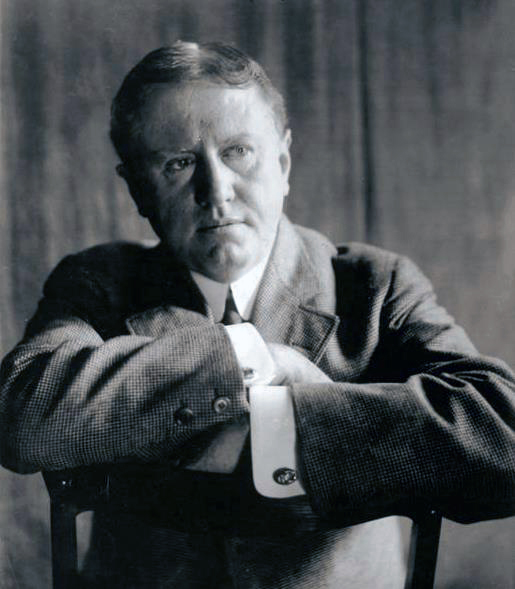On March 25, 1898, William Sydney Porter—better known as O. Henry—was sentenced to five years in prison for embezzling $854 from a bank in Austin, Texas. Reports suggest he may have taken the money to pay for his wife’s medical bills. Rather than face immediate trial, he initially fled to Honduras but later returned when his wife fell seriously ill. After her passing, he accepted his sentence and began serving time in an Ohio prison, a period that would shape his future in ways he could never have imagined.
While in prison, Porter, now writing under the pen name O. Henry, began crafting some of his most famous short stories. His time behind bars, a period of personal reflection and growth, significantly influenced his storytelling, leading to classics like “The Gift of the Magi.”
His works, often marked by irony and surprise endings, captured the struggles of everyday people and became American literary classics. Following his release in 1901, he continued writing and gained widespread fame.
Key Facts:
- Henry was originally a bank teller before turning to writing.
- He fled to Honduras before returning to the U.S. after his wife’s illness worsened. His wife suffered from tuberculosis and subsequently passed.
- While in prison, he wrote many of his most famous stories under the pseudonym ‘O. Henry’, a name he adopted to avoid any association with his criminal past. This pen name would become synonymous with his unique storytelling style and is now widely recognized in the literary world.
- His time in prison profoundly influenced his writing, adding themes of redemption and irony.
- Despite his troubled past, O. Henry became one of America’s most celebrated short story writers. His works, which are widely read and appreciated for their wit and unexpected twists, have significantly impacted American literature, inspiring countless writers and readers.

